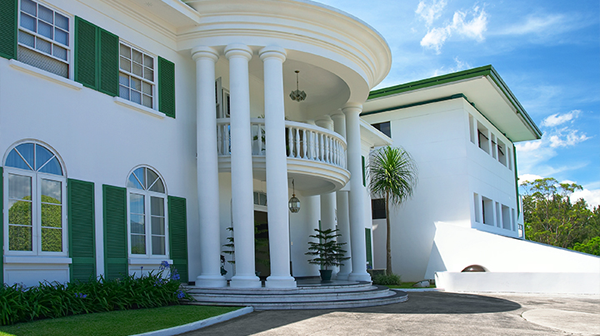
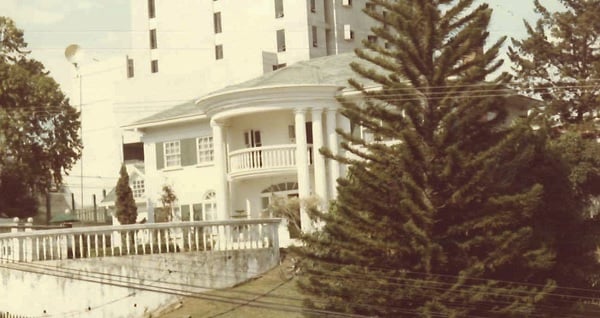
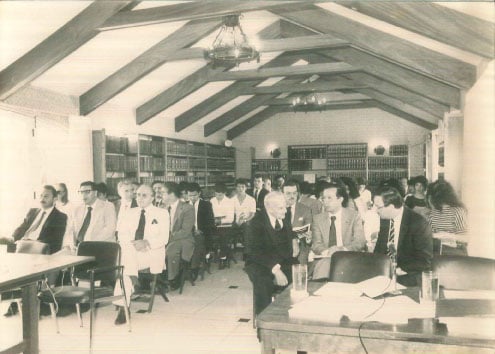
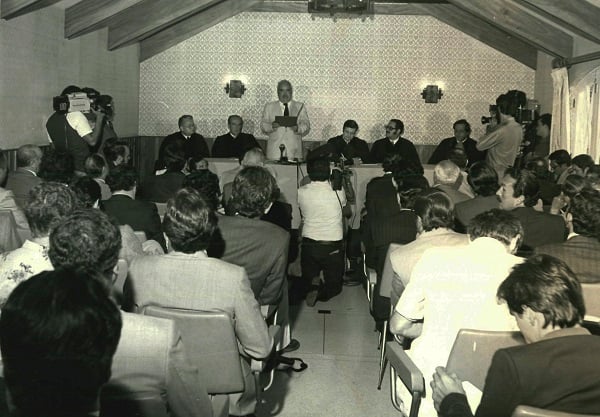
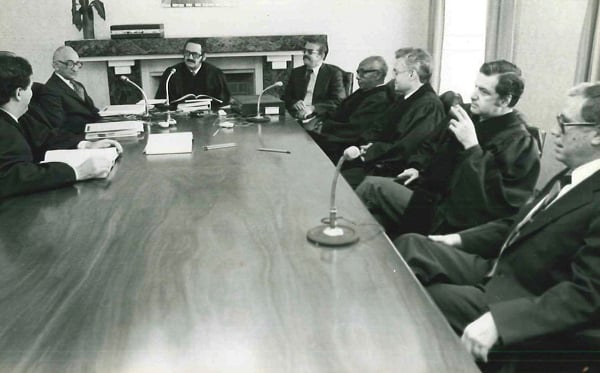
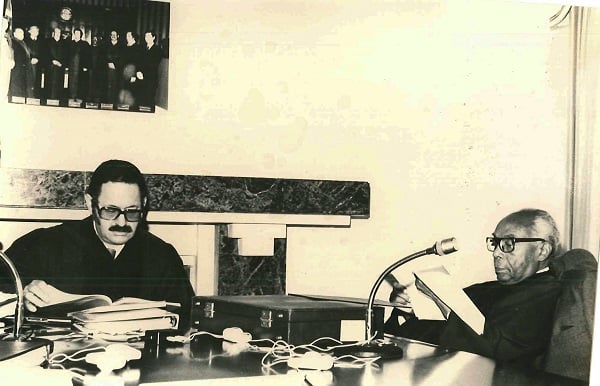
In November 1969 the Inter-American Specialized Conference on Human Rights was held in San Jose, Costa Rica in which the delegates of the member States of the Organization of the American States adopted the American Convention on Human Rights, which entered into force on July 18, 1978, when a member State deposited the eleventh ratified document.
To this date, twenty five American nations have ratified or adhered to the Convention, including; Argentina, Barbados, Bolivia, Brazil, Colombia, Costa Rica, Chile, Dominica, Ecuador, El Salvador, Granada, Guatemala, Haiti, Honduras, Jamaica, Mexico, Nicaragua, Panama, Paraguay, Peru, Dominican Republic, Suriname, Trinidad and Tobago, Uruguay and Venezuela. Trinidad and Tobago denounced the American Convention on Human Rights, by a communication addressed to the General Secretary of the OAS on May 26, 1998. Venezuela denounced the American Convention on Human Rights, by communication to the General Secretary of the OAS, on September 10, 2012.
This regional treaty is binding to those States that ratify or adhere to it and represents the culmination of a process that began at the end of World War II, when the American nations gathered in Mexico and decided to compose a Declaration on Human Rights, in order to eventually adopt it as a convention. This Declaration, the American Declaration of the Rights and Duties of the person, was approved by the member States of the OAS in Bogota, Colombia in May 1948.
In order to safeguard the essential rights of man in the American continent, the Convention created two authorities with competence to observe human rights violations: the Inter-American Commission on Human Rights and the Inter-American Court of Human Rights. The first one was created in 1959 and began functioning in 1960 when the Council of the OAS approved its Statute and elected its first members.
Nevertheless, the Court could not be established and organized until the Convention entered into force. On May 22, 1979 the State Parties to the Convention elected the lawyers who with their personal capacity, were the first judges who would compose the Court during the Seventh Special Session of the OAS General Assembly. The Court�s first hearing was held on June 29 and 30, 1979 at the OAS headquarters in Washington, D.C.
On July 1, 1978, the OAS General Assembly recommended to approve the Costa Rican Government�s formal offer to establish the Court�s headquarters in their country. This decision was ratified by the State Parties at the Convention during the Sixth Special Session of the General Assembly in November 1978. The settling ceremony of the Court was celebrated in San Jose on September 3, 1979.
During the Ninth Regular Session of the OAS General Assembly the Statute of the Court was approved and in August 1980, the Court approved its Rules of Procedure, which include the procedure provisions. On November 2009 during the LXXXV regular session the new Rules of Procedure entered into force, which apply to all the cases currently brought before the Court.
On September 10, 1981, the Government of Costa Rica and the Court signed the Headquarters Agreement approved by the Law No. 6889 of September 9, 1983 setting forth the privileges and immunities of the Court, for its judges, its staff and those persons who appear before it. This Headquarters Agreement is meant to facilitate the normal flow of the activities of the Court, especially regarding the protection given to every person who intervenes in the process. As part of the agreement contracted by the Government of Costa Rica in November 1993, it donated to the Court the house where it is located today.
On July 30, 1980, the Inter-American Court and the Government of Costa Rica signed an agreement, approved by the Legislative Assembly on October 28, 1980 by the law No. 6528, which created the Inter-American Institute of Human Rights. The Institute was therefore established as an international independent entity of academic nature, dedicated to teaching, research and the promotion of human rights, with a multidisciplinary focus and emphasis on America problems. The Institute, whose headquarters is also in San Jos�, Costa Rica, works as a support to the Inter-American System of International Protection of Human Rights.